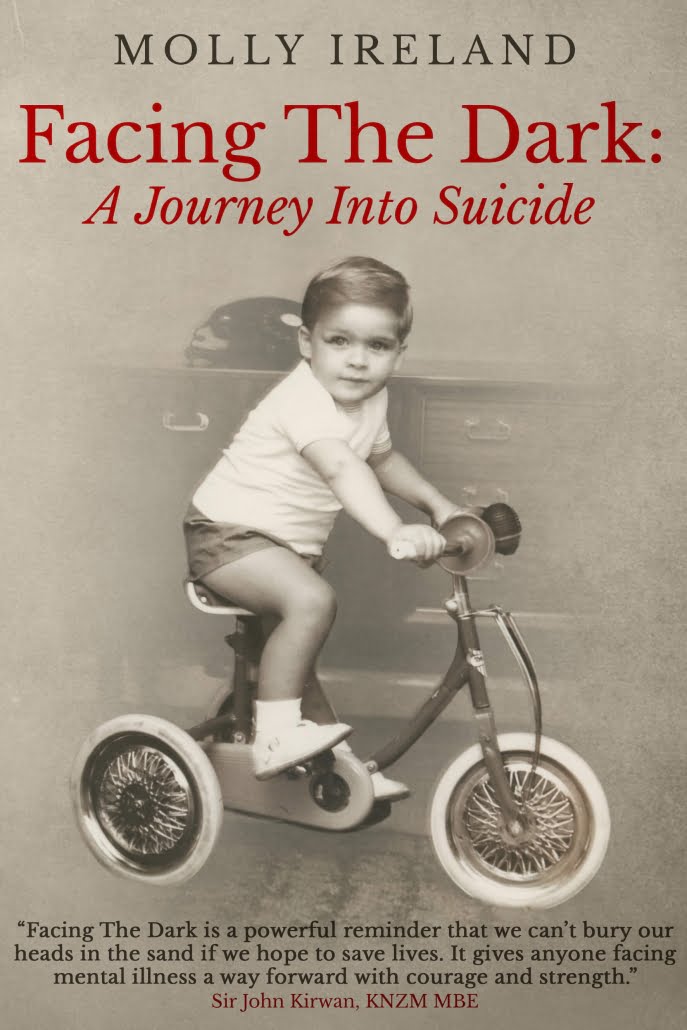Shades of Grey
I find it strange that we suddenly stop being people first and foremost when we go to work. Regardless of lip service, many organisations —particularly large ones who’ve lost their humanity beneath mountains of rules, regulations and processes — seem to act as if their employees are purely mechanistic. Unfortunately, this black-white, cause-effect management paradigm is firmly entrenched in the corporate world.
People themselves, however, don’t actually work this way.
Despite the illusion of certainty that comes from binary thinking, the truth is that when you manage human beings, you’re best to deal in shades of grey. In the words of French author, and 1947 Nobel Prize winner in literature, André Gide “the colour of truth is grey.” Black-white thinking lets us down because it’s too restrictive, particularly for HR functions when we are working with sensitive people, regardless of their dispositions or the “work faces” they wear at the office.
A black-white mindset locks us into to believing there is only one way of looking at any given situation or with any given person. When we do this, our point of view is too narrow, and our choices for response are too limited.
It’s also terrible for relationships. And at the heart of good companies are good relationships.
Nobody is all good or all bad — not even an employee. I know it’s tempting to blame certain individuals for poor results, terrible service or missed opportunities, but rarely are things that simple.
Everything operates as a system.
Employees that underperform do so in response to something else going on. Naturally, it’s easier to blame individuals than to honestly explore our own systems and blindspots. But companies who do are more successful from both an HR perspective and a financial one.
There’s nothing grey or gloomy about that.







Trackbacks & Pingbacks
[…] also at the heart of happiness and resilience and provides a counterbalance to black and white thinking. It’s also spacious enough to hold all of life’s ups and downs and gives us a […]
Comments are closed.